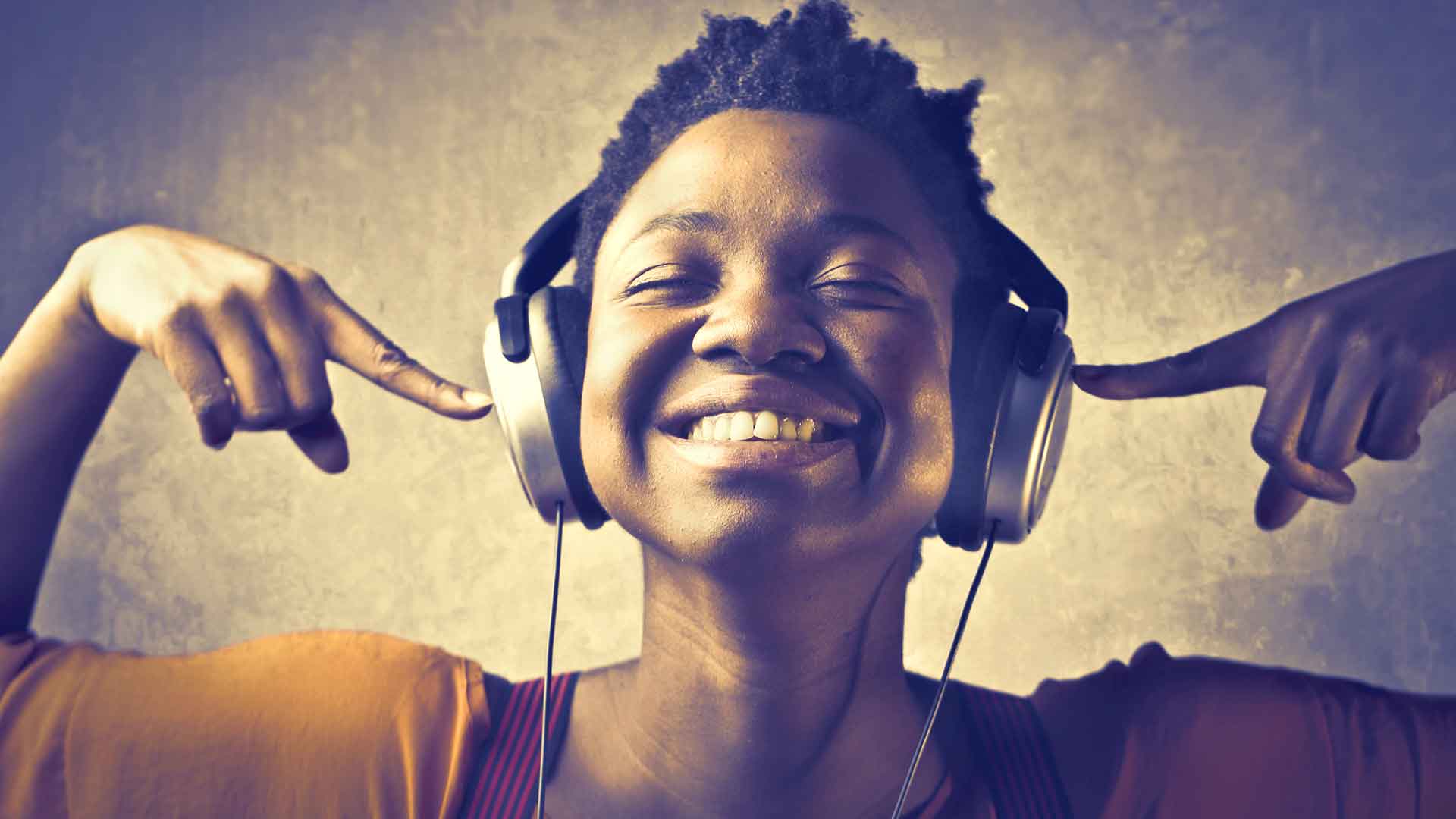Is COVID-19 worry affecting your life?
Drickus Maartens • May 6, 2020
The evolutionary role of anxiety explained
It is easy to become preoccupied with COVID-19 amidst constant reminders of the pandemic, and many people are experiencing feelings of uneasiness, dread or distress. The evolutionary role of anxiety, which is the body’s physical reaction to stress, provides insight into why this can feel so overwhelming at times.
“The body’s reaction to stress helped keep our ancestors safe and ready to respond to the physical dangers they faced, such as predatory animals. While this stress can be positive and prompt us to action, it is not necessarily appropriate or proportionate to the types of perceived threats we commonly face today – such as the uncertainties of life during the COVID-19 pandemic,” explains Dr Marshinee Naidoo, a psychiatrist who practices at Akeso Alberton
mental health facility.
“Evolution has left us with a ‘fight or flight’ response to perceived dangers, which includes the body releasing nutrients and hormones into the bloodstream. These hormones cause the heart to beat faster, so more oxygenated blood and energy is available to the person’s muscles so that he or she is ready to either fight the threat or run away from it.”
Dr Naidoo points out that this can happen very quickly, accompanied by faster breathing, increased blood pressure and anxious feelings, which may feel all-consuming and lead to disrupted concentration or sleep.
“When we are anxious, our body keeps us alert and ready for any physical danger, which in certain cases may be helpful, but is not particularly constructive if we are constantly worrying about something like the pandemic and are filled with uncertainty over the future,” she says.
“Anxiety is an emotion that tends to seek out confirmation, which is why people who are anxious about COVID-19 may be tempted to constantly seek out news relating to the virus pandemic. While at times this may feel validating, it can also intensify your anxiety, leaving you feeling helpless and overwhelmed.”
Dr Naidoo offers the following practical advice for coping with anxiety:
- Self-awareness — Acknowledge your anxiety and understand that it is a natural yet unhelpful response to the situation, and then make a conscious effort to focus on other things.
- Stay in touch — Studies suggest that keeping socially connected can help us cope better with stress. Keep in touch with the people you care about through phone calls, emails, video chat or texting, not forgetting elderly family and friends, and others who may be feeling isolated.
- Manage stress throughout your day — Incorporate yoga, exercise, meditation and breathing techniques into your routine. These activities can help to reduce levels of cortisol, the stress hormone.
- Laughter is a great tension-reliever — Try to see the humour or the lighter side of situations.
- Substitute worrying for thankfulness by counting all the blessings in your life.
“Displacing worry by focusing energy on something more positive can be helpful in ensuring we are adequately rested to take on our family, work and other priorities. We all experience anxiety at some point, but when anxiety becomes persistent and starts interfering with our ability to cope with everyday life, it is time to address it and seek professional support.
“While COVID-19 is a most serious health issue, if you allow worry about it to take over your life this could take a serious and unnecessary toll on your mental and physical well-being,” Dr Naidoo concludes.













